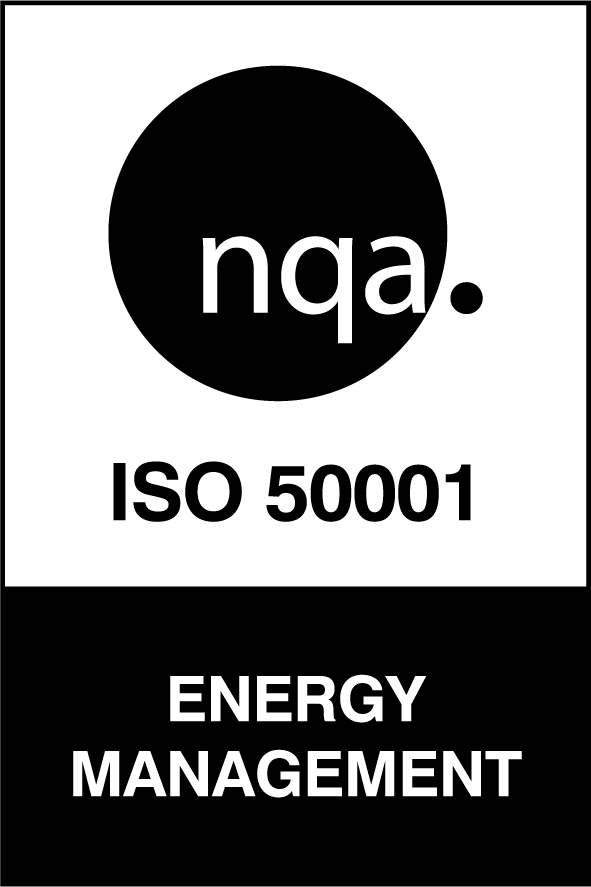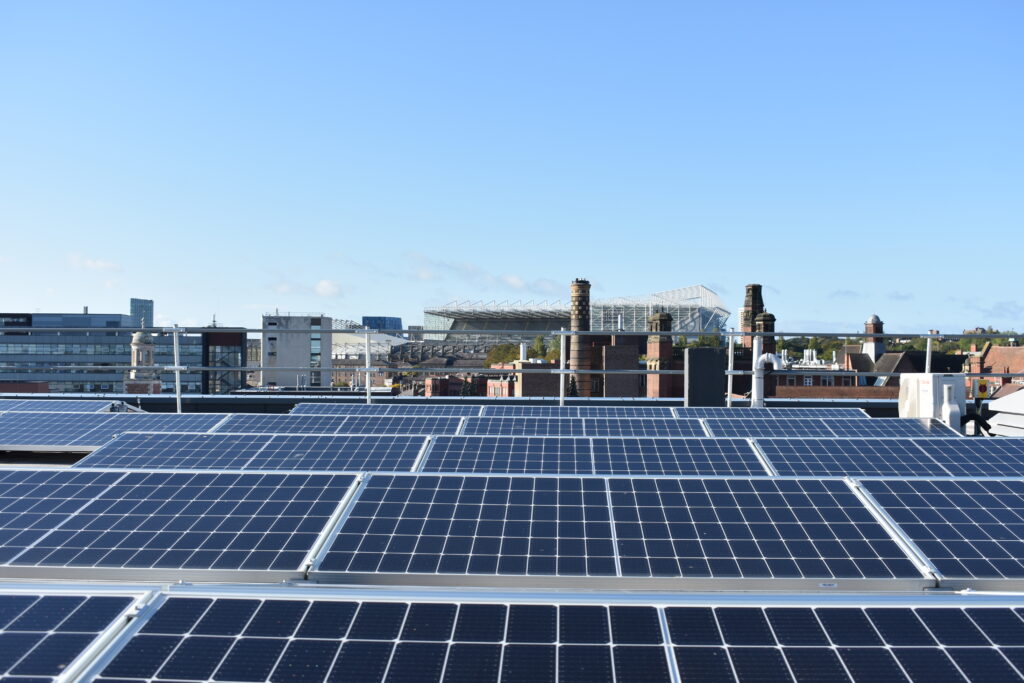An Environmental Management System (EMS) assists businesses and organisations in improving their environmental performance and their operations that have an environmental impact.
It is worth noting that an EMS can be implemented within any business or organisation, it is not dependant on the size or activity of the organisation/ business.
An implemented EMS would be applicable to a wide variety of areas within an organisation such as a university or hospital, this is due to the extensive range of daily activities that are conducted at these institutions, most of which are likely to have an environmental impact in one way or another.
An example of some prominent areas that are assessed through an EMS include:
- Carbon usage
- Water usage
- Biodiversity gains and loses
- Waste generation and disposal.
Once an EMS has been successfully implemented within an organisation, that organisation can become certified. Newcastle University’s EMS is certified to ISO 14001.
We have recently had an external audit on our environmental and energy management systems in June 2023 and we are pleased to say that we have been recommended to be re-certified for both our systems.

How is the environmental management system different to the energy management system?
An Energy Management System (EnMS) is similar in nature to an Environmental Management System however, it has a primary focus on helping the organisation improve energy performance and identify energy inefficiencies.
An implemented EnMS will assess an organisation or businesses daily activity, of which areas that impact environmental performance will be identified and addressed within the system.
In addition to an Environmental Management System, Newcastle University has also implemented an Energy Management System (certified to ISO 50001) and the two have become an integrated system.

Some questions answered by our EnMS manager, Luke Whittaker
Do you have a favourite procedure/ element of the EnMS?
“For a data nerd like me, the Energy review and baseline is my favourite element. It is where we consolidate the entire University’s energy consumption into a single document. This means that we can rank buildings based on their size and type. We can also compare usage year on year, which is really useful for identifying where energy saving projects have been effective (or where there is some abnormal high usage).”
What areas of the University do the EMS and EnMS apply to?
“It would easier to say where it doesn’t apply! Officially it applies to “provision of education and research, and the management of buildings, laboratories and land at the University’s UK sites”, so essentially the EMS and EnMS covers the entirety of the University. This includes our functional farms, marine sites and sports ground. Everyone has a part to play in making sure our EMS and EnMS work as best as they can”.
What is my part to play with the management systems?
Staff and Students: Our Environmental and sustainability policy and Energy policy that are in place at the university apply to the whole university, this includes both staff and students.
Students: The Student Environment and Sustainability Committee (SESC) is a student-led and focused committee who look at areas relating to sustainability at the University. For more information, please look at the student action part of our Sustainable Campus website.
Staff who work in laboratories: Labs are areas where there is a higher environmental impact, LEAF (Laboratory Efficiency Assessment Framework) aims to improve the sustainability of labs. The online platform has actions for lab users to complete that relate to areas such as waste, travel, energy and water. If you work in a lab at the university and would like to join LEAF, please register.
If you have any questions about the environmental and energy management systems in place at the University, please send us an email at: sustainable-campus@newcastle.ac.uk.


